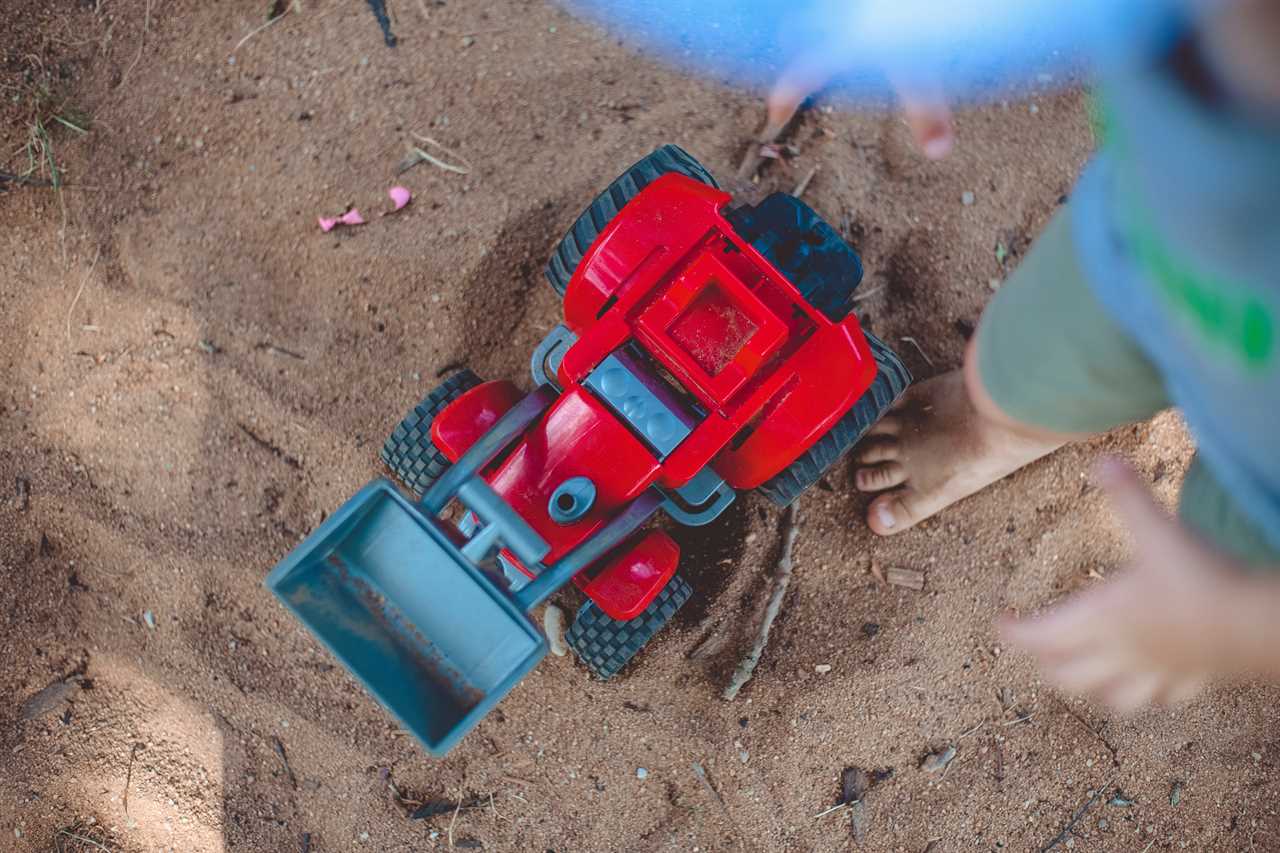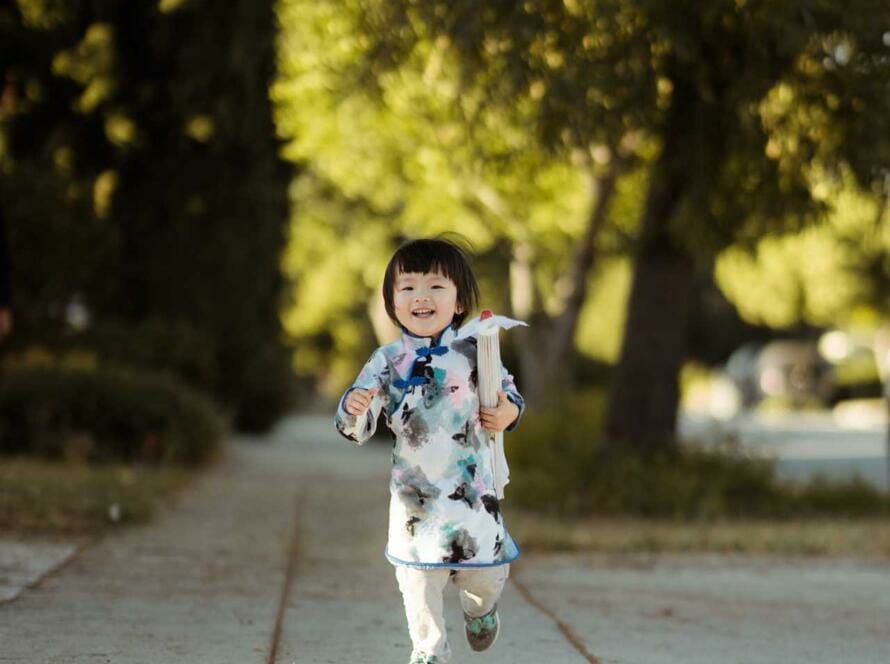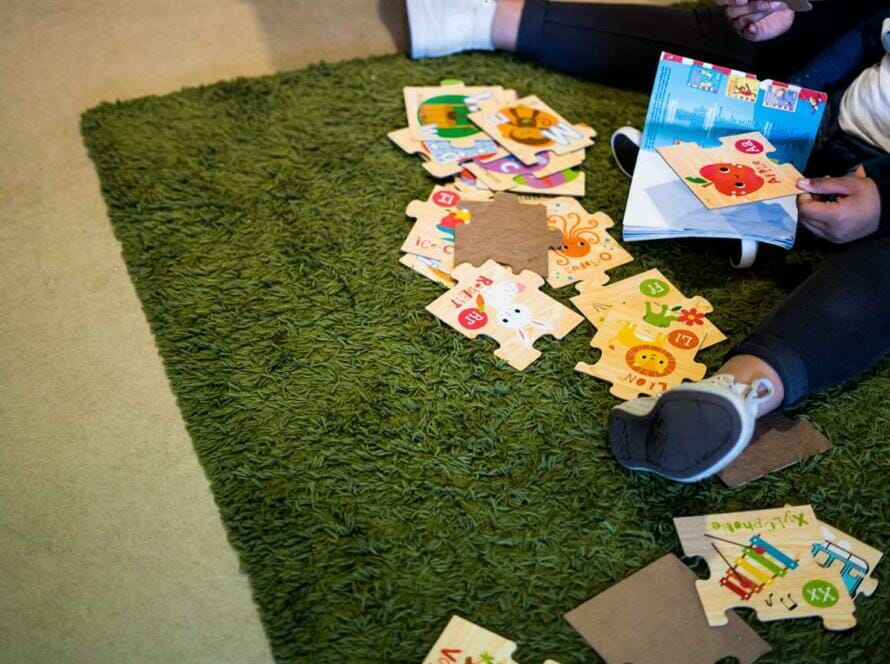In a world where children are constantly bombarded with screens and digital distractions, the power of educational toys shines through as a beacon of hope.
These seemingly simple playthings have the ability to enhance learning and development in ways that captivate young minds.
From the innovative Osmo games that teach coding and math, to the classic building blocks that foster creativity, educational toys offer a fun and engaging path to knowledge.
With the right toys in hand, children are free to explore, learn, and grow, all while having a blast.

Key Takeaways
- Educational toys can improve cognitive development and language skills, including critical thinking, problem-solving, decision-making, language acquisition, vocabulary expansion, and communication skills.
- These toys can also enhance motor skills development, including fine and gross motor skills, hand-eye coordination, and dexterity. Activities like molding clay or playing musical instruments can help develop fine motor skills and engage creativity.
- Educational toys promote critical thinking and problem-solving abilities by encouraging open-ended play, collaborative problem-solving, logical reasoning, analytical skills, and imaginative thinking. They also facilitate social interaction and collaborative play.
- By using educational toys, children can develop social benefits and communication skills such as empathy, teamwork, considering the emotions of peers, and effective communication skills. They also learn the value of teamwork.
The Impact of Educational Toys on Cognitive Development
Educational toys have a significant impact on cognitive development, improving critical thinking, problem-solving, and decision-making skills. These toys play a crucial role in language development and literacy skills.
By engaging children in interactive play, educational toys encourage language acquisition, vocabulary expansion, and communication skills. For example, toys that involve storytelling or require reading and writing promote literacy skills, while those that incorporate letters, numbers, and words help children develop early language skills.
Furthermore, educational toys also promote STEM learning, which stands for science, technology, engineering, and mathematics. Through hands-on activities and experiments, children can develop an interest in these subjects and cultivate important skills such as logical reasoning, analytical thinking, and problem-solving. Toys like building blocks, coding games, and science kits provide opportunities for children to explore and experiment, fostering their curiosity and creativity.
Enhancing Motor Skills Through Educational Toys
Playing with certain toys can help children improve their fine and gross motor skills. Educational toys not only enhance learning but also contribute to the development of essential motor skills.

These toys provide opportunities for children to practice hand-eye coordination and enhance their fine motor skills. For example, building blocks and puzzles require children to use their hands and fingers to manipulate and fit pieces together, improving their dexterity and hand-eye coordination.
Clay kits and musical instruments also engage children in activities that enhance their fine motor skills, such as molding clay or playing instruments. By incorporating these educational toys into playtime, children can develop their motor skills while having fun and engaging their creativity.
This holistic approach to learning through play can have long-lasting benefits for a child’s overall development.
Fostering Critical Thinking and Problem-Solving Abilities With Educational Toys
Children can foster critical thinking and problem-solving abilities by engaging with educational toys that encourage open-ended play and collaborative problem-solving. These toys provide opportunities for children to enhance their logical reasoning and develop analytical skills.

By engaging in activities such as building blocks, puzzles, and coding games, children are challenged to think critically, analyze situations, and find solutions. Educational toys also promote creativity and imaginative thinking, allowing children to explore different possibilities and come up with innovative solutions to problems.
Moreover, these toys facilitate social interaction and collaborative play, enabling children to work together to solve problems and make decisions. By incorporating educational toys into their playtime, children can develop the essential skills needed for success in the future, while enjoying the freedom to explore and learn in a fun and engaging way.
The Social Benefits of Educational Toys: Collaboration and Communication
Collaboration and communication skills are nurtured when children engage with educational toys that encourage social interaction and cooperative play. These toys not only provide entertainment but also offer valuable opportunities for children to develop important social skills.
Here are some ways in which educational toys can help build empathy and enhance teamwork skills:

Building empathy through educational toys: Toys that promote role-playing and storytelling allow children to step into different perspectives and understand the feelings and experiences of others. This fosters empathy and compassion, teaching children to consider the emotions of their peers.
Enhancing teamwork skills with educational toys: Many educational toys require teamwork and collaboration to solve problems or complete tasks. Whether it’s building structures with blocks or playing cooperative board games, these activities encourage children to work together, communicate effectively, and learn the value of teamwork.
Boosting Creativity and Imagination With Educational Toys
Engaging with a variety of interactive toys can spark a child’s imagination and foster their creativity.
Educational toys play a crucial role in encouraging artistic expression and sparking imagination through play-based learning. These toys provide children with the freedom to explore their ideas and express themselves in a creative way.

For example, Osmo’s drawing games like Masterpiece, Monster, and Super Studio series allow children to unleash their artistic skills and create unique masterpieces.
By engaging in hands-on activities with clay kits or musical instruments, children can experiment with different materials and sounds, stimulating their imagination.
These educational toys not only provide entertainment but also enhance a child’s learning experience by promoting concentration, focus, and critical thinking skills.
The Role of Educational Toys in Concentration and Focus
Playing with interactive toys that require concentration and focus can greatly enhance a child’s ability to stay attentive and engaged. These educational toys not only provide entertainment but also offer numerous benefits for a child’s development.

Here are four ways in which educational toys can improve attention span and enhance memory skills through play:
Interactive puzzles: Solving puzzles requires concentration and problem-solving skills, which can improve a child’s attention span.
Memory games: Memory games like matching cards or memory matching games can help children improve their memory skills while keeping them engaged and focused.
Educational board games: Board games that require strategic thinking and planning can enhance a child’s attention span and memory skills.

Building sets: Construction toys like Lego or building blocks encourage concentration and focus as children create structures and solve design challenges.






